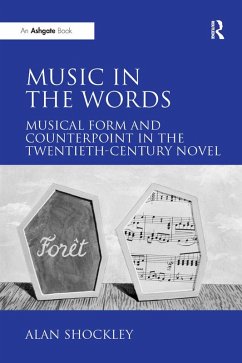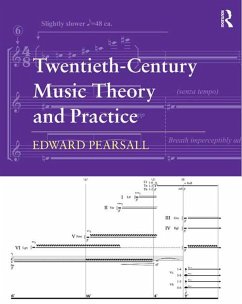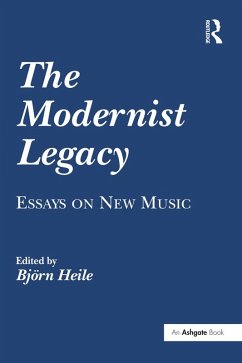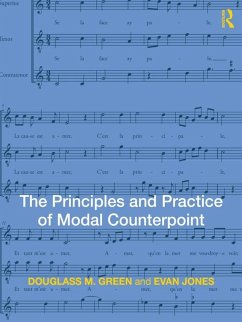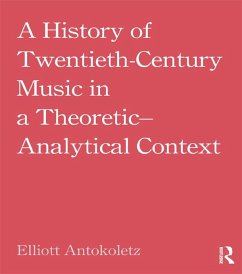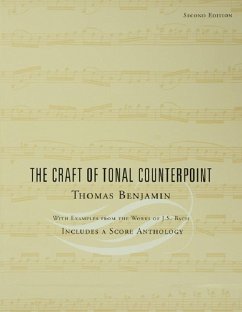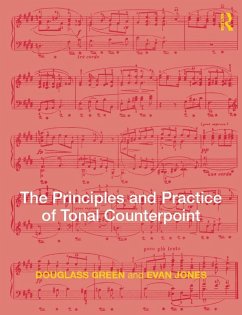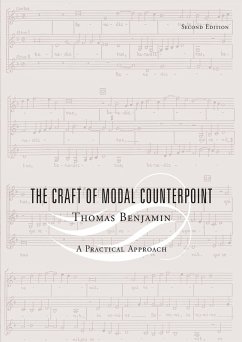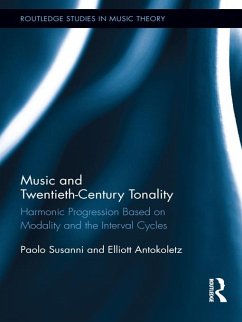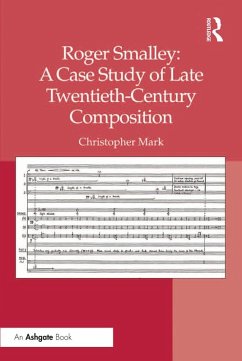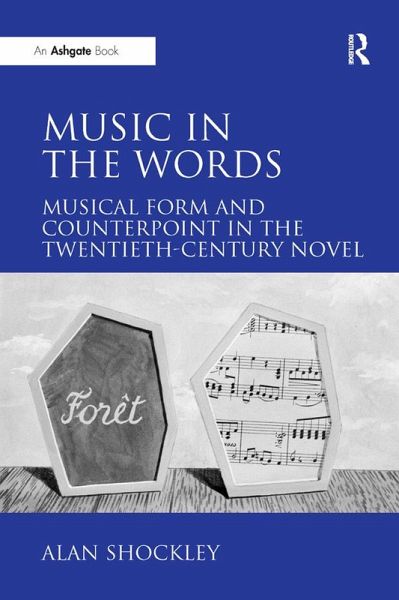
Music in the Words: Musical Form and Counterpoint in the Twentieth-Century Novel (eBook, ePUB)
Versandkostenfrei!
Sofort per Download lieferbar
56,95 €
inkl. MwSt.
Weitere Ausgaben:

PAYBACK Punkte
28 °P sammeln!
There is a strong tradition of literary analyses of the musical artwork. Simply put, all musicology - any writing about music - is an attempt at making analogies between what happens within the world of sound and language itself. This study considers this analogy from the opposite perspective: authors attempting to structure words using musical forms and techniques. It's a viewpoint much more rarely explored, and none of the extant studies of novelists' musical techniques have been done by musicians. Can a novel follow the form of a symphony and still succeed as a novel? Can musical counterpoi...
There is a strong tradition of literary analyses of the musical artwork. Simply put, all musicology - any writing about music - is an attempt at making analogies between what happens within the world of sound and language itself. This study considers this analogy from the opposite perspective: authors attempting to structure words using musical forms and techniques. It's a viewpoint much more rarely explored, and none of the extant studies of novelists' musical techniques have been done by musicians. Can a novel follow the form of a symphony and still succeed as a novel? Can musical counterpoint be mimicked by words on a page? Alan Shockley begins looking for answers by examining music's appeal for novelists, and then explores two brief works, a prose fugue by Douglas Hofstadter, and a short story by Anthony Burgess modeled after a Mozart symphony. Analyses of three large, emblematic attempts at musical writing follow. The much debated 'Sirens' episode of James Joyce's Ulysses, which the author famously likened to a fugue, Burgess' largely ignored Napoleon Symphony: A Novel in Four Movements, patterned on Beethoven's Eroica, and Joyce's Finnegans Wake, which Shockley examines as an attempt at composing a fully musicalized language. After these three larger analyses, Shockley discusses two quite recent brief novels, William Gaddis' novella Agap gape and David Markson's This is not a novel, proposing that each of these confounding texts coheres elegantly when viewed as a musically-structured work. From the perspective of a composer, Shockley offers the reader fresh tools for approaching these dense and often daunting texts.
Dieser Download kann aus rechtlichen Gründen nur mit Rechnungsadresse in A, B, BG, CY, CZ, D, DK, EW, E, FIN, F, GR, HR, H, IRL, I, LT, L, LR, M, NL, PL, P, R, S, SLO, SK ausgeliefert werden.




